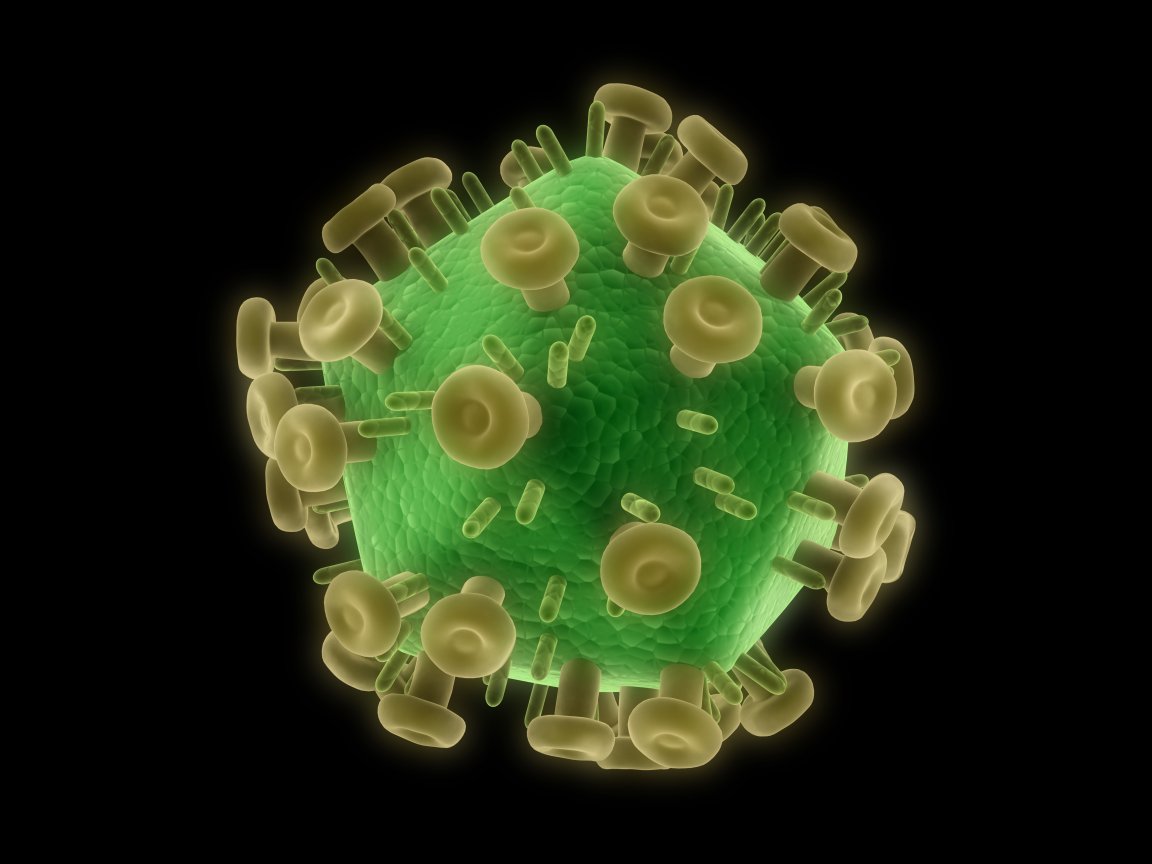
Speeding up Combat
Drones have seen a massive boon in many areas. Their ability to go nearly anywhere at anytime makes them very important, especially in areas that are hard to access. Moreover, since they can travel rapidly, they could be vital for medicine delivery and disaster relief.
Indeed, they can already be made to deliver medical supplies to rural areas or spot survivors in disaster wrecks nearly anywhere in the world.
Now, drones can take part in actual medical diagnosis. The African nation of Malawi is now testing the use of drones in speeding up the delivery of HIV testing for infants. The initiative hopes to reduce the delays associated with land transport due to poor roads and high costs.
The Government of Malawi has partnered with UNICEF in conducting the tests, including the first official test. This test was a 10 kilometer run from a community health centre to the Kamuzu Central Hospital laboratory.

Epidemic
HIV is a particularly huge problem in Malawi. It has a 10% prevalence rate in the country, has infected an estimated 1 million people in 2013, and has killed 48,000 in the same year. According to UNICEF, the year 2014 saw nearly 40,000 children in Malawi born to HIV positive mothers.
While 90% of women in the country know their HIV status, there still remains a problem with testing and diagnosis in children. The obstacles to testing in Malawi’s children are summarized by Judith Shermen, UNICEF Chief, in a report:
“There are many delays in the continuum of getting HIV positive children on treatment, they need to come in early for testing, ideally before 2 months, between 6 and 8 weeks. Their tests, the dry bloodspots, need to get from the health facilities to one of the 8 laboratories nationwide.”
The UAV being used was built by US company Matternet exclusively for transportation. The tests will eventually lead to a cost comparison with road transport, and favourable reports will lead to the second phase, which will test flights from remote areas of the country.